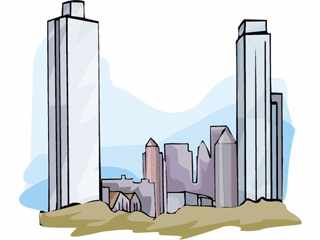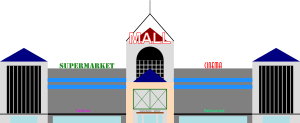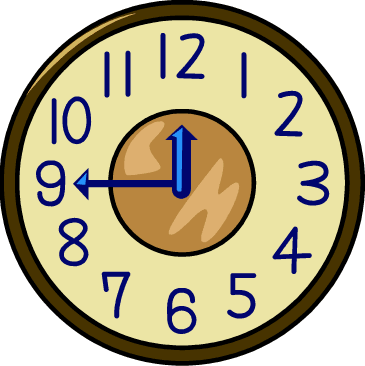ESL Cities Listening
This ESL cities listening page has a range of listening exercise so you can practice listening to spoken cities vocabulary. It is often difficult to listen to spoken English, so it is useful if you can practice listening to and understand spoken English before you have to have a conversation with someone.

To let you practice your listening skills this page has several exercises for you to do. In each of the exercises you will need to listen to a recording of a native English speaker and then answer some questions or do a writing task. If you do not understand any of the vocabulary when it is being spoken you can go to the ESL cities vocabulary page that has a recording of the words being spoken by a native English speaker so you can hear the correct pronunciation.
The four exercises on this page are as follows:
- Identify spoken word order.
- Identify spoken definition.
- Listening comprehension.
- Dictation passage.
ESL Cities Listening Exercises
Exercise 1 – Identification of Spoken Word Order
In this ESL cities listening task you need to decide which option (A-D) in each question has the words listed in the same order as they are spoken in the recording. When you have answered all the questions you can use the get score button to see the correct answers.
ESL Cities Identification of Spoken Word Order
Listen to the recording of the five groups of five words each given above and decide which option (A-D) in the five questions in this test has the correct order.

Exercise 2 – Identification of Spoken Definition
In the next ESL cities listening activity you need to listen to the recording of several spoken definitions and then decide which option (A-D) in each question has the word that matches the definition. When you have finished you can see the correct answers by using the get score button.
ESL Cities Listening Identification of Vocabulary Meaning
Listen to the recording of the meanings of the five vocabulary words given above and decide which word out of the options (A-D) in each question matches the meaning.
Exercise 3 – Listening Comprehension
For this ESL cities listening task you need to listen to the following recording of a passage being spoken and then answer the questions about it. To see the correct answers when you have finished you can use the get score button.
At the end of this page you can see the full text of the passage to check your understanding. Just click on the link to show the text.
ESL Cities Listening Comprehension
Listen to the recording of the passage about cities above and answer the following five questions.
Exercise 4 – Dictation
In the final ESL cities listening exercise you need to listen to the following recording and then write it down exactly as you hear it. The passage is read twice on the recording: the first time at a slow speaking speed and then for the second with pauses after every few words and the punctuation is included.
There is another link at the end of this page that you can use to show the full text of the passage so you can check your answer.
Show Passage »
Dictation Passage
Show Passage »
Other Pages about Cities that You Might Like
ESL Cities Conversations
ESL Cities Reading
ESL Cities Vocabulary
ESL Cities Writing
ESL 4u home › Listening › Cities


|
|



New! Comments
Have your say about what you just read! Leave me a comment in the box below.